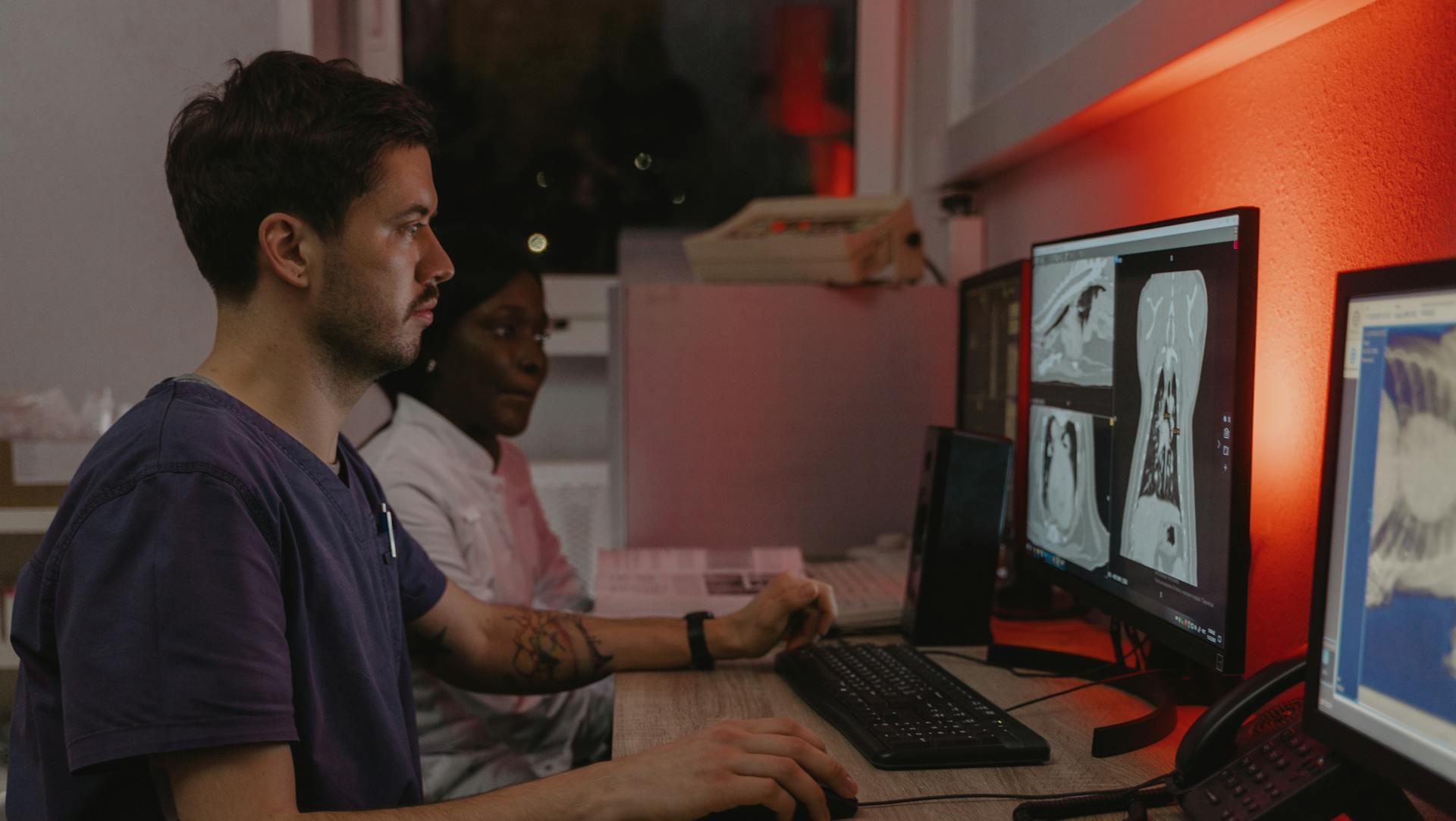Australian medical technology company Artrya (ASX: AYA) has raised A$75 million in an oversubscribed capital raise to fund the market expansion of its FDA-approved early detection tools for human heart disease.
A share placement to sophisticated investors was priced at $2.05 per share - a 6% discount to the last closing price.
Petra Capital acted as the sole lead manager for the placement, which will be completed in two tranches, with the second requiring shareholder approval in October.
The company also launched a A$5 million share purchase plan for existing shareholders at the same price as the institutional placement.
Funds will specifically support accelerated U.S. commercialisation following recent FDA clearance of the Salix Coronary Plaque module.
The ASX junior recently bagged its second FDA clearance in five months, adding another tool to compete against rivals in the AI cardiac diagnostics space.
It also announced in August that it had secured 510(k) clearance from the U.S. Food and Drug Administration for its Salix Coronary Plaque module, which detects and measures coronary artery plaque using artificial intelligence.
Those moves followed Artrya's March approval for its Salix Coronary Anatomy platform. The Perth-based firm now has two FDA-cleared products in a market projected to reach US$40 billion by 2034.
Artrya faces hefty competition from companies with substantially larger budgets. Cleerly has raised US$410 million, whilst HeartFlow sits at a $1.3 billion valuation with $936 million in total funding.
With just $75 million on top of its previous $60 million raise, the obvious resource constraints compared to its rivals in the space could be perceived as bringing a slingshot to a tank battle.
Yet at just a 6% discount to the last closing price, it seems investors were happy to price it in and back the company to move forward.
"We are thrilled to have received FDA clearance of our Salix Coronary Plaque module, which opens up a much greater revenue opportunity for us in the U.S., our largest market," Artrya CEO and co-founder John Konstantopoulos said.
US market roadmap
The company's U.S. growth strategy focuses on three mid-sized hospital partnerships. Tanner Health became the first commercial customer in July, signing up for the Salix Coronary Anatomy platform.
Following the same path are the Northeast Georgia Health System and Cone Health integrations already underway, with completion expected in coming months.
The Salix system delivers coronary assessments in under 10 minutes through one interface - while competing products often require clinicians to switch between multiple systems, which is about as popular as it sounds.
The increasingly crowded cardiac medtech field is the bigger market-capped companies HeartFlow, Cleerly and Elucid - which all already operate in the U.S. market for AI-powered cardiac diagnostics.
Yet if various analysts are correct, there'll be plenty of room for competition with market growth from US$1.3 billion in 2024 to between US$36 billion and US$40 billion by 2034.
That's because Cardiovascular disease kills about 19.8 million people annually, making up roughly one-third of global deaths. Researchers expect cardiovascular deaths to climb to 35.6 million by 2050 from 20.5 million in 2025.
AI tech targets missed diagnoses
Artrya's approach differs from traditional methods that focus on arterial narrowing. Most heart attacks actually occur in patients with less than 50% blockage, which probably comes as a surprise to many.
Vulnerable plaque causes many cardiac events that current manual practices miss. Artrya's technology aims to catch these high-risk plaques before they trigger heart attacks.
The Salix Coronary Plaque module works alongside the existing anatomy platform, detecting these plaques in real-time during routine scans.
AI healthcare companies face mounting regulatory scrutiny, and about 68% of healthcare executives cite data and privacy concerns as barriers to AI adoption.
States including California, New York and Illinois have introduced new rules requiring AI disclosure and human oversight in healthcare decisions.
The regulatory environment has tightened following market corrections in the healthcare AI sector, with investors demanding clearer paths to profitability.
Artrya plans to submit its Salix Coronary Flow module for FDA review next, which would add blood flow assessment to the platform.
The company is also running the SAPPHIRE study with major U.S. hospitals to gather clinical evidence and potentially convert research partners into paying customers.
Still a minnow in its field, Artrya is likely on the radar of bigger fish and may become an acquisition target for larger health tech companies looking to expand..
With U.S. coronary artery disease costs expected to exceed US$1 trillion by 2035, there's clear market demand. Whether Artrya can carve out a sustainable position against well-funded competitors remains to be seen.



